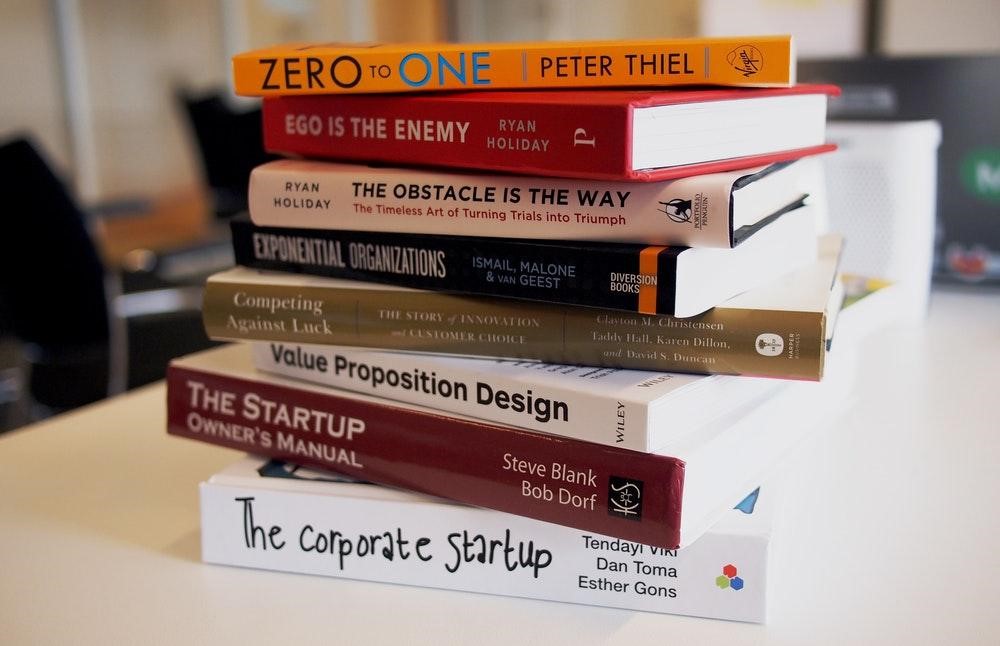
As an entrepreneur, the chances are that you’re always being warned about your new venture, and experienced professionals will give you advice on how to run your business. But the truth is that we all need to make mistakes in order to develop – that’s what business is all about!
However, many mistakes are avoidable. Below, we’ve put together some of the most common mistakes that new start-ups make, so you can learn from them and climb onwards and upwards.
Failing to understand local markets
Perhaps one of the most fatal mistakes that you can make as a startup is failing to grasp the local market, and gaining a true understanding of its cultures and people. The truth is that every territory you want to enter into, whether that’s Mexico, Malta or Malaysia, all have their own unique traits that must be considered when you’re planning to enter into a new market to sell.
You cannot expect to replicate the success of your business in another without making at least some changes to appease both customers and shareholders. A business that wants to expand from the United Kingdom into China, for example, must consider both the cultural and language barriers, as well as the challenges that counterfeit goods may pose, and ways to overcome that.
When you are starting a business abroad, you must have at least some local knowledge and an understanding of the market, or you’re not going to be able to make a success of your new venture. As always, it’s important that you invest in local talent, hiring employees that have local knowledge and understanding of the market and your niche. Everything from marketing to law should be covered – if you’re not following the rules or you’re promoting in ways your audience doesn’t understand, you’ll likely face expensive consequences. Invest in your business and your new country, and the country will invest in you. You cannot afford to be sloppy when expanding.
Forgetting about the competition
Whether you’re looking to launch a business into Brazil or Bangladesh, you are always going to have to deal with competition. Before you establish yourself, whether in your home country or in another territory, you should do everything you can do get to grips with the competition. By that, we mean going beyond a Google search and a quick chat with a competitor – you must really hone in on the key players in your niche and find ways that you can differentiate in the market.
In Latin America, for example, countries like Mexico have a huge startup sector, with thousands of businesses performing well in the fintech industry. If you’re considering entering into Mexico in fintech, then you’ll have to weigh up the pros and cons of entering a saturated market. On one hand, you’re more likely to find the right talent and business contacts to establish your startup, but on the other, there are hundreds of other entrepreneurs ready and waiting to steal clients.
Utilize social media, do your own research, ask your customers their opinions on competitors, and check in with suppliers to determine who is placing the biggest orders. You should also consider hiring staff from your competition who can share secrets and help you get ahead, and keep an eye on who they’re hiring, too. You could even conduct surveys to calculate who has the best product, who consumers prefer, and use the data to improve your offering as a startup.
Not securing funding
It’s entirely possible to start a new business on a shoestring budget and do everything yourself, from accounting and networking to marketing and stocktaking, but the truth is that you’ll struggle to make a success of your business if you don’t have the necessary funds. In today’s times, time is money, and so if you’re spending hours doing the boring menial tasks, you’re missing out on the valuable stuff, like meeting with potential clients and spreading the word of your business.
If you want to maximize your chances of success, then you should consider funding your startup using a business loan or by working with a venture capitalist. As is always the case in business, though, you should weigh up the opportunity costs of handing over a percentage of your business – sure, you might make good use of that $20,000, but is it worth 30% of your lifetime profits? Sometimes, you have to be prepared to take a risk and fund your business on your own, even if that means remortgaging your house or working two jobs to save enough to get started.
For those who want to start a business without funding, be prepared for hindrances along the way. Say you’ve purchased an office and need a new boiler, for example, or your product needs another six months of testing before it can be taken to market. What do you do then? With enough money in your business bank account, you’ll be able to compete on a local and national scale and push ahead on your business goals without setbacks. Money solves almost anything.

Not looking after staff
The final mistake we’d like to mention in today’s post is staff. Business is all about people, and so if you’re not giving your employees the love and attention they deserve, they’re not going to be invested in your brand and will not perform at their best, or even consider quitting for another job. Entrepreneurs are quick to fall into the mindset that they’re doing employees a favor by paying their salaries, but the truth is that your staffers are the most important asset of your business – particularly in the early days where you need all hands on deck to make a splash.
Never underestimate the importance of your team. Invest in staff development, host regular training classes, organize meet-ups and team-building events and meet with staff one-on-one to understand their needs and help them become the best employees they can be. Remember that employees don’t quit companies – they quit bosses. It’s up to you to make an impression and build meaningful relationships with everyone you employ, from cleaner to marketing manager.
There you have it – some of the most common mistakes that entrepreneurs make when starting a new business. You’ll need to work hard, invest in your workers and have a unique proposition. Whatever you’re planning to do, we wish you the very best of luck with your new venture.

